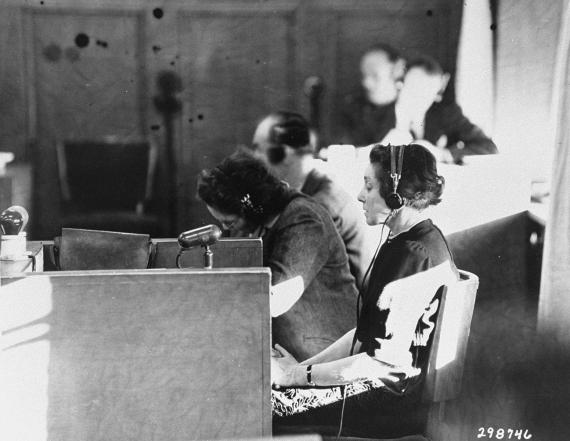Cicerostraße 60
10709 Berlin
Germany
This was Martha Mosse's last home address
Martha Mosse was born in Berlin in 1884 and spent the first years of her life in Japan and Königsberg.
When the respected Jewish family moved back to Berlin, Martha attended law lectures in Heidelberg and Berlin as a guest student. Although she did not have a high school diploma (this was not yet possible for girls at the time), she was allowed to do her doctorate in Heidelberg. In 1920/1921, she worked as a trainee lawyer at the Berlin-Schöneberg district court and then worked as a legal assistant at the Prussian Ministry of Welfare. From the 1920s onwards, Martha was involved in the women's movement alongside her professional work and remained active in this until her death. In 1922, she was one of the first women to be appointed to the Berlin police headquarters. She was responsible for monitoring compliance with the legal regulations for the protection of children in theater and film productions. In 1926, Martha was made a civil servant, making her the first female police councillor in Prussia. In 1933, she was appointed as a civil servant in the Department of Theater and Art and was dismissed a month later with immediate effect due to her Jewish background.
From 1934 to 1943, she worked full-time in the Jewish Community of Berlin and headed the housing advice center from 1939. While her initial task was to relocate Jewish families to so-called "Jewish houses", she later also had to organize deportations. In 1943, she herself was deported to Theresienstadt concentration camp, where she was appointed investigating judge for the Jewish self-administration. She attributed her own deportation to the fact that she had become a nuisance to the Gestapo with her requests to defer other Jews from deportation. In the summer of 1945, Martha returned to Berlin to her partner Erna Stock. She refused to emigrate to the USA as her partner did not receive a permit to emigrate. She initially worked as a councillor in the criminal investigation department, but had to give up this position on the orders of the Russian occupying power. In 1946/47, she worked on files for the Nuremberg trials. She also lost this position as she was accused of having collaborated with the Gestapo. The Allies exonerated her as a victim of fascism. She faced the accusations again in a court of honor of the Jewish community. She was rehabilitated, as many of those affected testified after the war that she had warned people affected by planned resettlements and thus enabled them to escape. She then worked as an advisor and translator for the American military government in preparation for the Nuremberg trials and then returned to the Berlin police as a legal advisor. She retired in 1953 at the age of 69. From then on, she was committed to helping the elderly in the Berlin Women's Association.
She died in Berlin in 1977 at the age of 93.
Author: Gisela Lehmeier

Add new comment